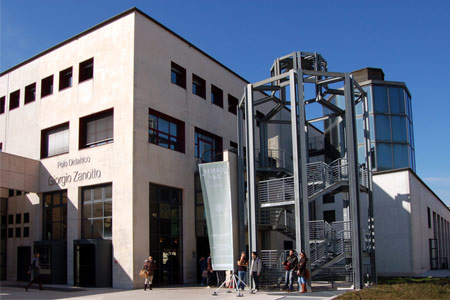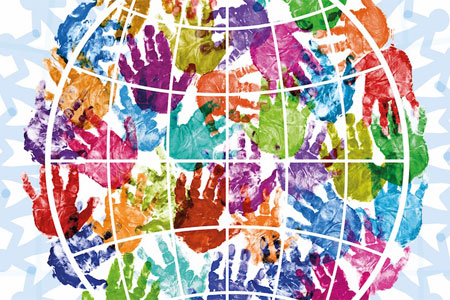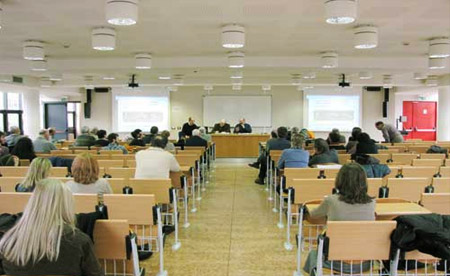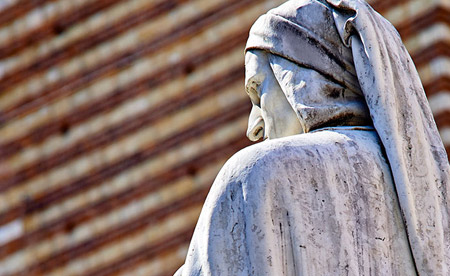Learning outcomes
The course aims to get closer to objects from an anthropological perspective. Objects of the "others" either inside or outside museums. Through various different teaching methods (lectures, discussions, meetings with experts), the course aims to introduce students to a critical understanding of the notion of culture in its material and non-material aspects and of what is meant by the notion of "social life of things". Students are expected to actively participate in class discussions and to engage in a personal research.
The course is divided into two parts. Initially the status of ethnographic objects, in and out of the museum institution will be considered. Then the course will focus on particular types of museum objects, i.e. human remains. How they become part of ethnographic collections, what status they have taken, what do they represent today? We will analyze the complex questions that these objects pose: should they be considered findings of scientific interest, or rather sacred subjects/objects, emotionally significant because they are linked to one's own ancestors? Who owns the right to speak on their behalf? We will look into these issues through some case studies related to both near and far away contexts.
Course Readings:
1)Dei, Fabio - Meloni, Pietro (2015) Antropologia della cultura materiale. Carocci, Roma.
2)Larson, Frances 2016 [2014] Teste mozze. Storie di decapitazioni, reliquie, trofei, souvenir e crani illustri. UTET, Torino.
3) Maria Teresa MiliciaElena Canadelli (2017) Il grande laboratorio dell'umanità. Il dibattito sulla repatriation dei resti umani tra storia e antropologia. Interventi di Kathleen S. Fine-Dare, Roger Blackley, Adriano Favole, Emmanuel Kasarhèrou, Anna Paini, Fenneke Sysling, Contemporanea, Rivista di storia dell'800 e del '900, n. 1, pp. 109-146.
Final oral exam.
For those attending classes: class participation, in-class presentation and final report.
For those NOT attending classes: Final oral exam. The student is asked questions about the course readings and about the central issues and thematic aspects addressed. The student should bring with her/him the texts which s/he has studied. The final evaluation is based on 30/30.
Erasmus and international students may study the texts and take the final exam in English or French. If interested, they need to discuss the choice of the new reading materials with me during Office hours.







